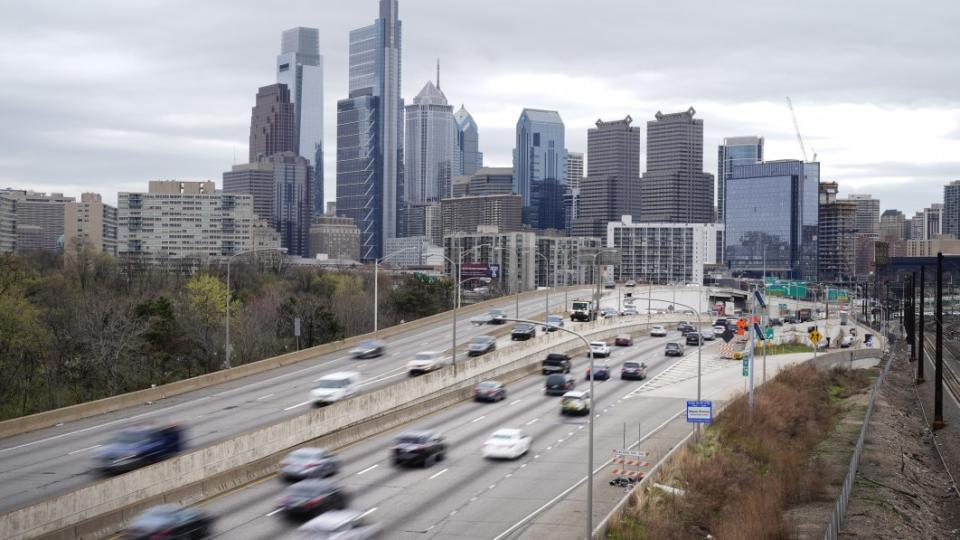I can instantly make you a better driver

Imagine this: You're cruising along on in three lanes of traffic. The speed limit is 70. You're in the middle lane and closing the gap to the car in front of you. There's slower traffic to your right and a clear lane to the left. You signal and start moving into the passing lane, but halfway there, you spot a cop in the median, clearly hunting speeders. What do you do?
'Do you know how fast you were going?'
That rarely ends well. If you're hearing it, you're on the side of the road, mirrors reflecting blue and red — and perhaps a spotlight. Maybe you'll talk your way out of it and maybe you won't. But the question looms large, right up there with, "Do you know where your kids are?" It's loaded. "Yes" means you know you were speeding. “No" is tempting; ignorance always feels better than admitting guilt, right?
But what's frightening is just how many drivers truly have no clue. I don't have stats and I don't need them. We all see it play out every time we hit the road: drivers holding up traffic in the passing lane, slamming on the brakes for speed traps and cutting people off — all because they're unapologetically unaware of their own pace of travel. Neither driving fast nor driving slow automatically makes somebody a bad driver, but not knowing where you land on that spectrum at any given time makes you little more than a rolling safety hazard.
This critical variable informs everything else we do behind the wheel, and leaving it out of your mental calculations means that every action you're performing is based on unreliable information. The data science shorthand is GIGO, for "garbage in, garbage out." Observe traffic long enough and you'll spot countless people driving like, well, garbage.
Take out the trash
This danger is easily remedied: All you need to do is know how fast you're going. That's it, my one-step plan. The resources to do it are already right in front of you, and it will cost you nothing — not even time. But knowing this critical bit of information will improve every decision you make behind the wheel.
Let’s revisit the scenario from above. You're in the middle lane and gaining on traffic, the speed limit is 70, and you have the opportunity to pass. But this time, you know for a fact you're already doing 74. Does knowing your speed alter your guilt in this scenario? No, but it allows you to make an informed decision rather than relying on guesswork— or worse, blindly panic-braking when you see the cop, which is an incredibly dangerous thing to do at speed. If I were to make a split-second judgment call in this scenario, I'd roll the dice on 74 in a 70 and complete the pass as if the cop wasn't even there.
Yes, that's me openly acknowledging that I'd flagrantly violate the law in the presence of a police officer. Is that the smartest thing in the world? No, but consistent and predictable behavior is the topsoil from which good traffic flow naturally sprouts. By committing to my maneuver and maintaining speed, I'm one less obstacle for others, plus I'm contributing positively to the flow by not slowing down while completing a pass — something many drivers are guilty of even without an overt threat of intervention from law enforcement. Of course, another choice would be to simply ease back to the limit and not execute the pass in the first place.

 Yahoo Autos
Yahoo Autos 
